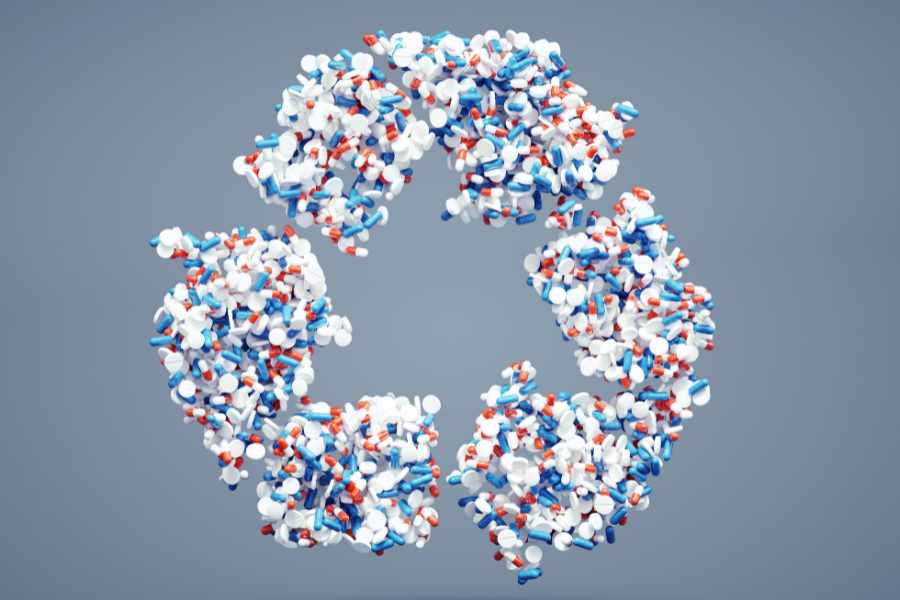
A federal purchasing rule handed down last week directs agencies to buy sustainable products and avoid those that contain PFAS. | Petrmalinak/Shutterstock
The federal government has announced plans to further prioritize American-made sustainable products and services in its purchasing, including recycled content.
The Biden-Harris administration last week proposed a Sustainable Products and Services procurement rule that would strengthen existing requirements by directing federal buyers to purchase sustainable products and services to the “maximum extent possible,” according to a press release.
That includes creating a recovered materials preference program and a program “for requiring reasonable estimates and certification of recovered material used in the performance of contracts.”
Specifically, the rule would direct agencies to follow the EPA’s Recommendations of Specifications, Standards and Ecolabels for Federal Purchasing, which cover 34 purchase categories and 40 standards and labels, including ENERGY STAR and recycled content verification.
“The proposal also protects public health by directing agencies to avoid the procurement of products containing perfluoroalkyl or polyfluoroalkyl (PFAS) chemicals, known as ‘forever chemicals,'” the press release stated.
The federal government spends more than $630 billion on products and services annually, and over one-third of existing contracts include a sustainable purchasing requirement. The rule is intended to help the government achieve its goal of net-zero emissions from federal procurement by 2050.
Robin Carnahan, administrator of the U.S. General Services Administration, said in the press release, “As the world’s largest buyer, we have a responsibility to lead by example and accelerate the move toward buying clean.”
The proposed rule is open for public comment for 60 days on the Federal Register docket under FAR-2022-0006.
A version of this story appeared in Resource Recycling on Aug. 7.